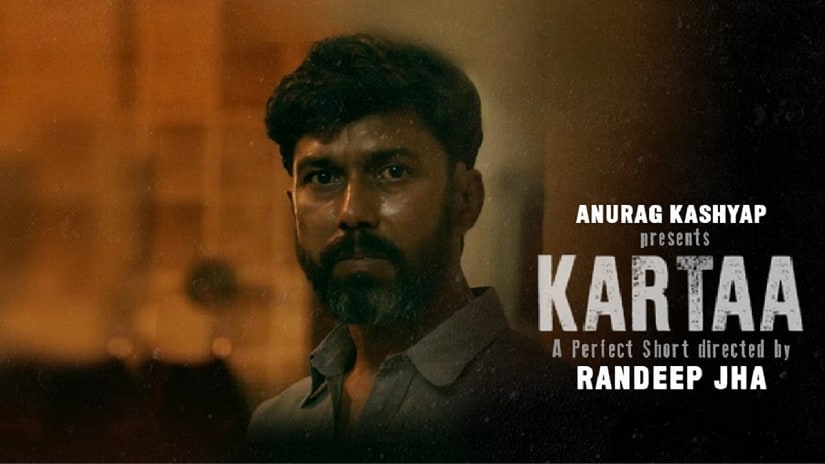“Don’t you feel that stories about ordinary people are disappearing from our movies?” A visibly disappointed friend asked me this seemingly simple question the other day. The rush with which I tried to move on to another topic was spurred by the increasing discomfiture rising from the realisation that I’d failed to give this harrowing prospect any thought for a long time. In the days that followed, I turned over a handful of Hindi films in my mind — The Lunchbox, Mukti Bhawan, for instance — that stood solitarily in a cinematic universe populated by raucuous comedies and action thrillers. One could be forgiven for conveniently blaming it all on the audience. Or any of the multiple stakeholders in the vast film production and distribution machine. However, the fact remains that in a political period defined by the valorisation of an emaciated yet sinister sense of the collective over the individual, one would expect its films to stand up unequivocally for the ordinary person. This explains the excitement Kartaa generated when I started watching it. It might also explain why this 20-minute long story of a small-time real estate broker, despite all its flaws, needs to be seen. [caption id=“attachment_4418439” align=“alignnone” width=“825”]  Poster for Kartaa. Large Short Films[/caption] Digamber Prasad turns in a moving performance as Akhilesh, a family man — the kartaa, the provider, from the title — whose financial troubles aggravate over the course of the film and lead to a tragic end. It is hard to turn away from Prasad’s intense eyes whenever he is on screen, and as if cognisant of this, director Randeep Jha chooses to frame him in midshots and close ups throughout the film. There are a string of directorial decisions that Jha gets right in scene after scene. The frustrated, anxious wife who never speaks a word. Akhilesh’s scooter, which refuses to start at once again and again. The sparingly used shots of the city that in a lesser director’s hands could have been abused till they lost significance. Most of all, however, Jha’s refusal to plunge into any form of exposition makes this a good, solid film. Owing to the shorter format, the frequency with which troubles assail Akhilesh does appear unrealistic. But Prasad’s assured performance and Jha’s deft yet light directorial touch steadies the boat whenever it threatens to capsize under the weight of the events in the film. Akhilesh is not particularly good at being a real estate broker. The partner he started out with has already acquired an office of his own. All his efforts to close a crucial deal seem doomed from the very beginning. The family seems to be running out of money and options. The brother-in-law who tried helping him out is losing patience. In short, the walls are closing in. We know this story can only result in a tragic ending which, when it finally arrives — despite the Jobesque battalion of troubles that assail our character — seems apt, if not particularly moving. Jha’s refusal to let in a single wedge of light into the darkness surrounding Akhilesh’s life therefore turns into both the great strength and the weakness of this film. Had we been provided with more time to explore Akhilesh’s life, the film’s ending could have appeared far more justified and organic. In a sense, Kartaa teases out the fundamental dilemma that confronts the short film director: whether the story he is bringing to screen could have worked better over a longer runtime. However, Prasad’s performance and Jha’s earnest commitment to the material and his protagonist helps the viewer tide over the film’s missteps. For Kartaa is an earnestly mounted film. It bats for the millions out there who spend day in and day out trying to eke out a living. In doing so, they are driven to stretch the fabric of morality simply by the act of existing in a society that threatens to gobble them up and spit them out. They find themselves uncomfortably lodged into the social structure as the designated providers of their households. Far removed from the realm of lofty ideas and promises of emancipation, the Akhileshs of the world appear doomed at the outset. Unsurprisingly, Akhilesh never raises his voice throughout the film. He tries hard to reason, negotiate or lure his way using empty promises, only to get slapped in return. Even his final act of desperation is committed in complete silence.
This 20-minute long story of a small-time real estate broker, despite all its flaws, needs to be seen.
Advertisement
End of Article


)
)
)
)
)
)
)
)
)



